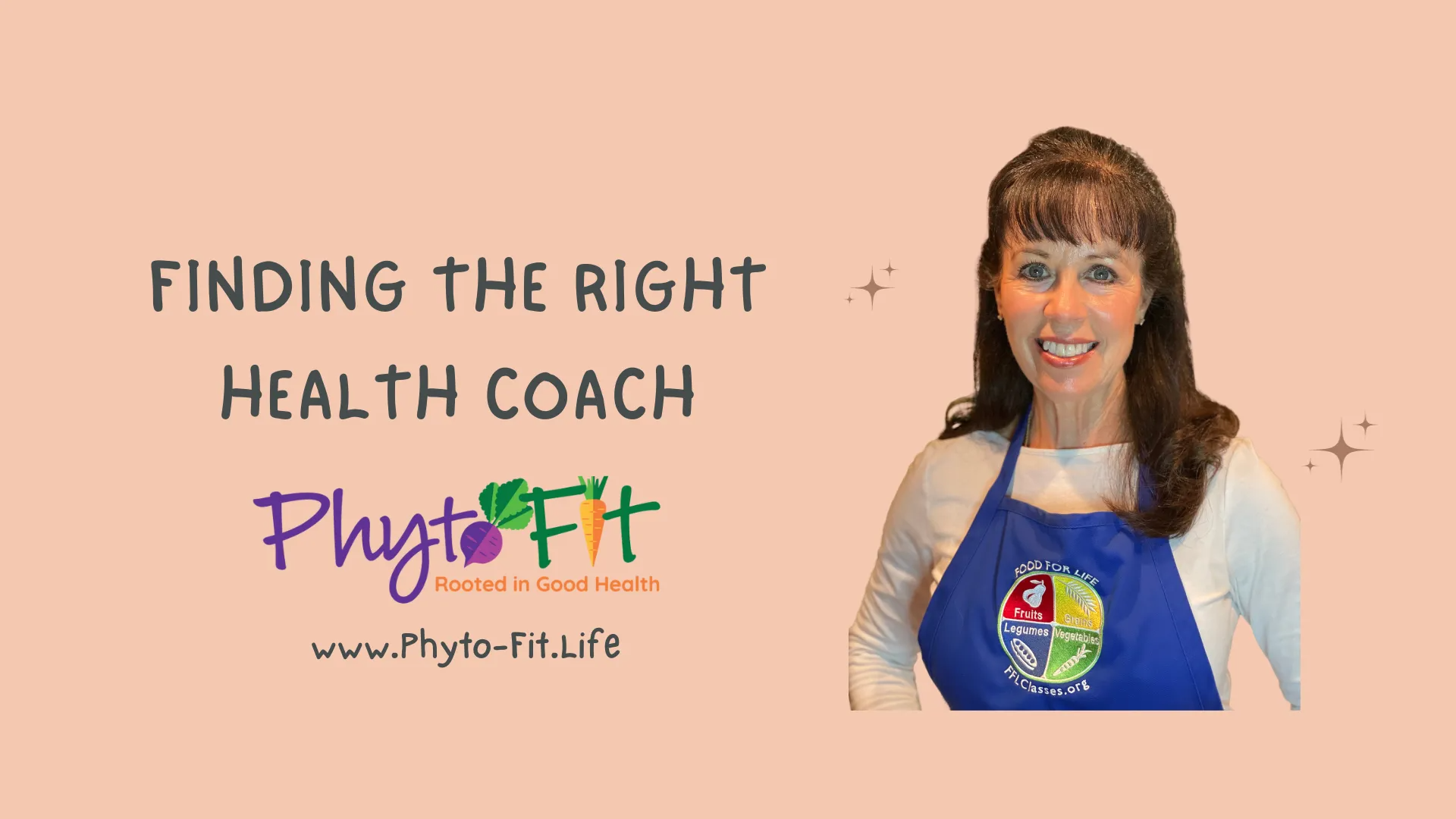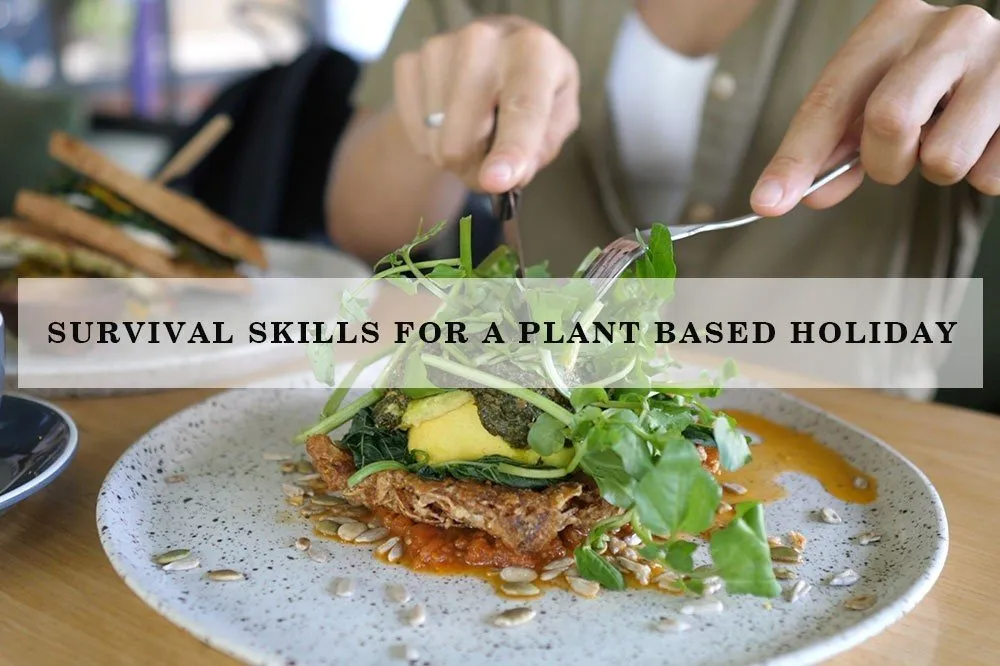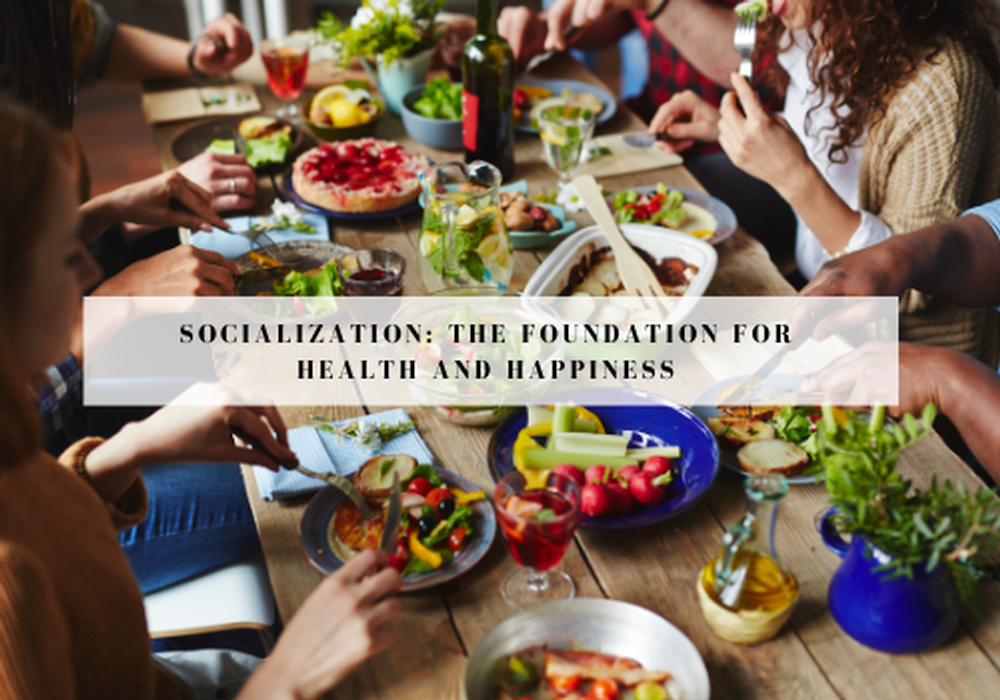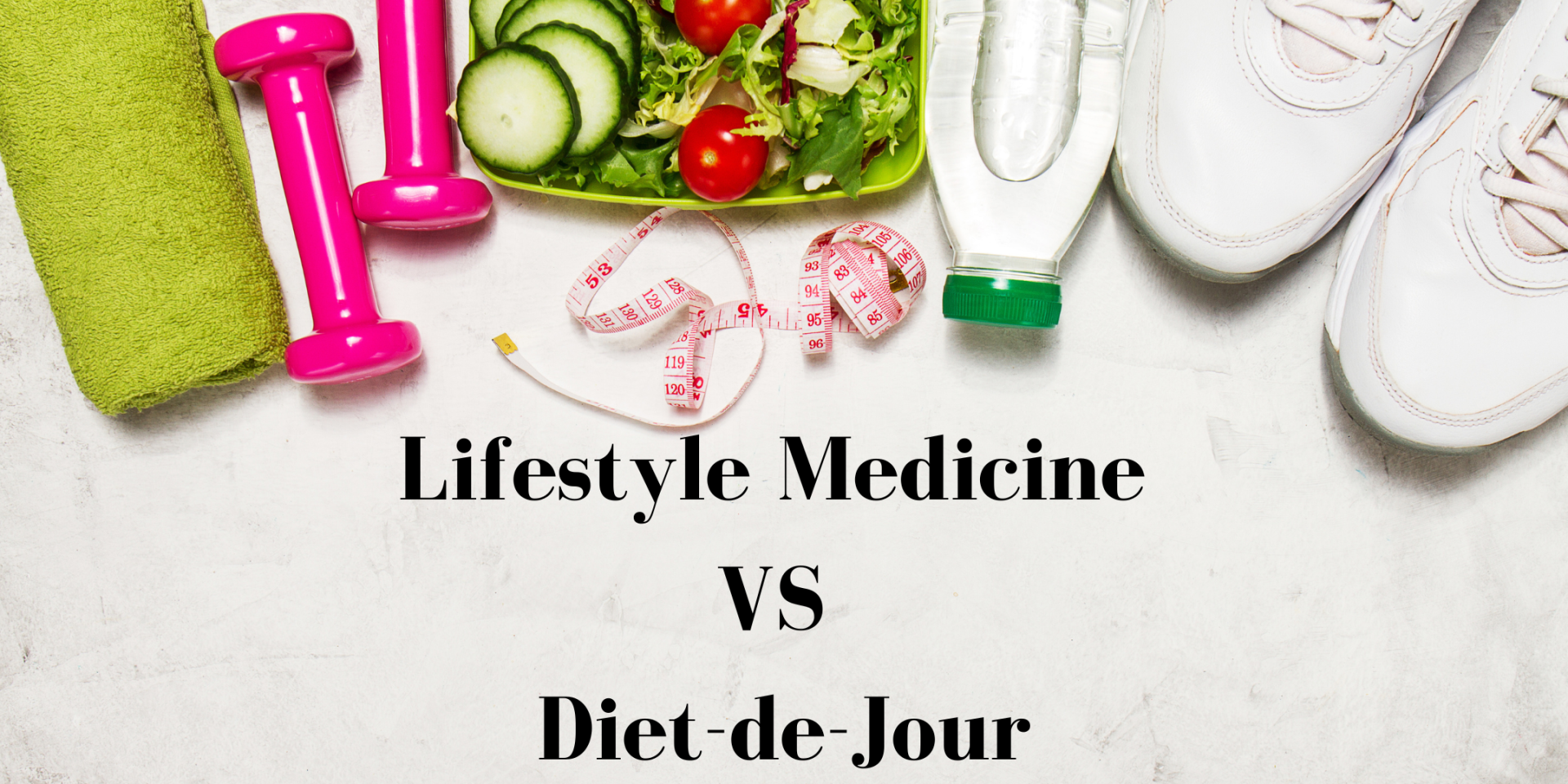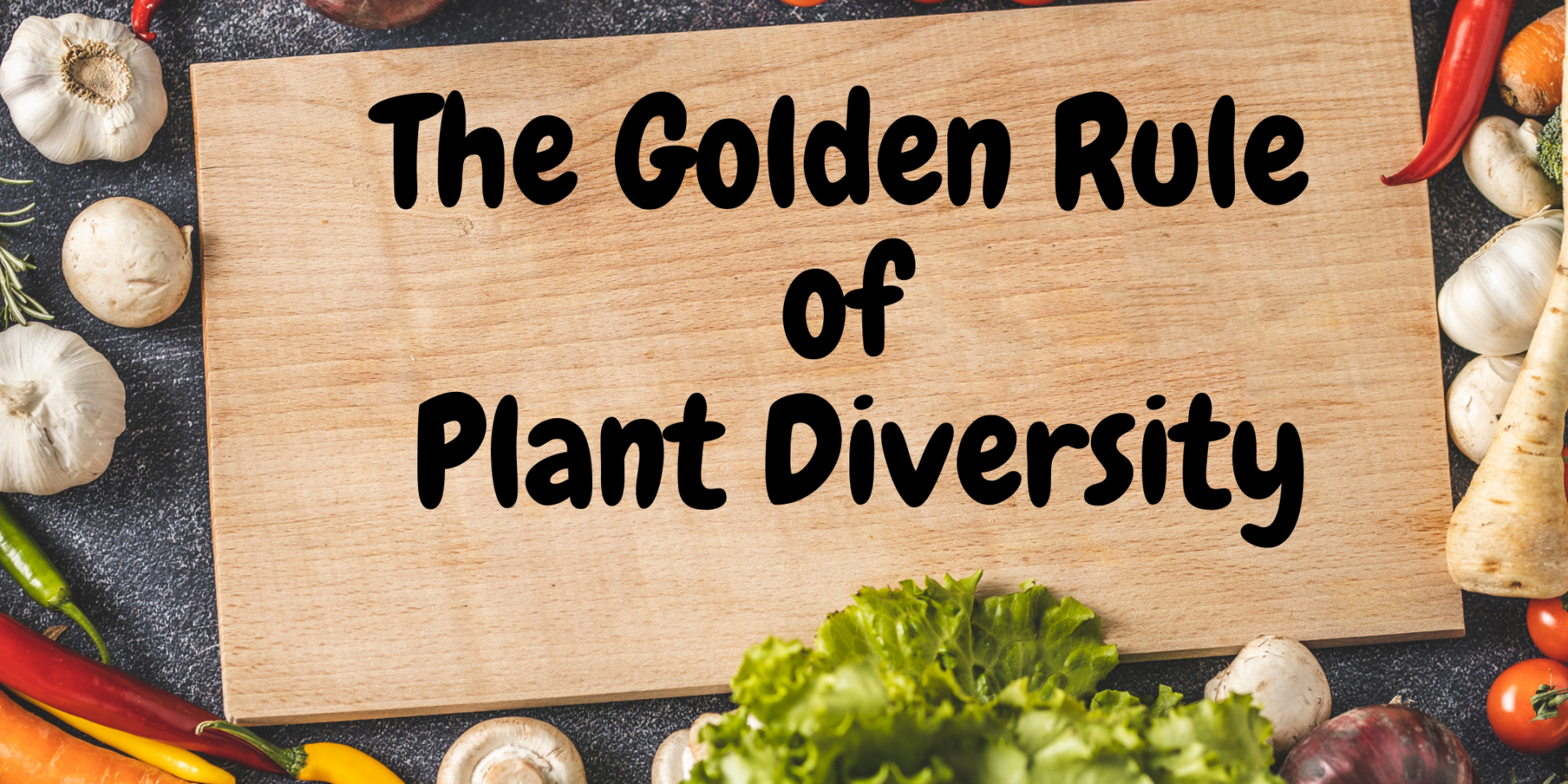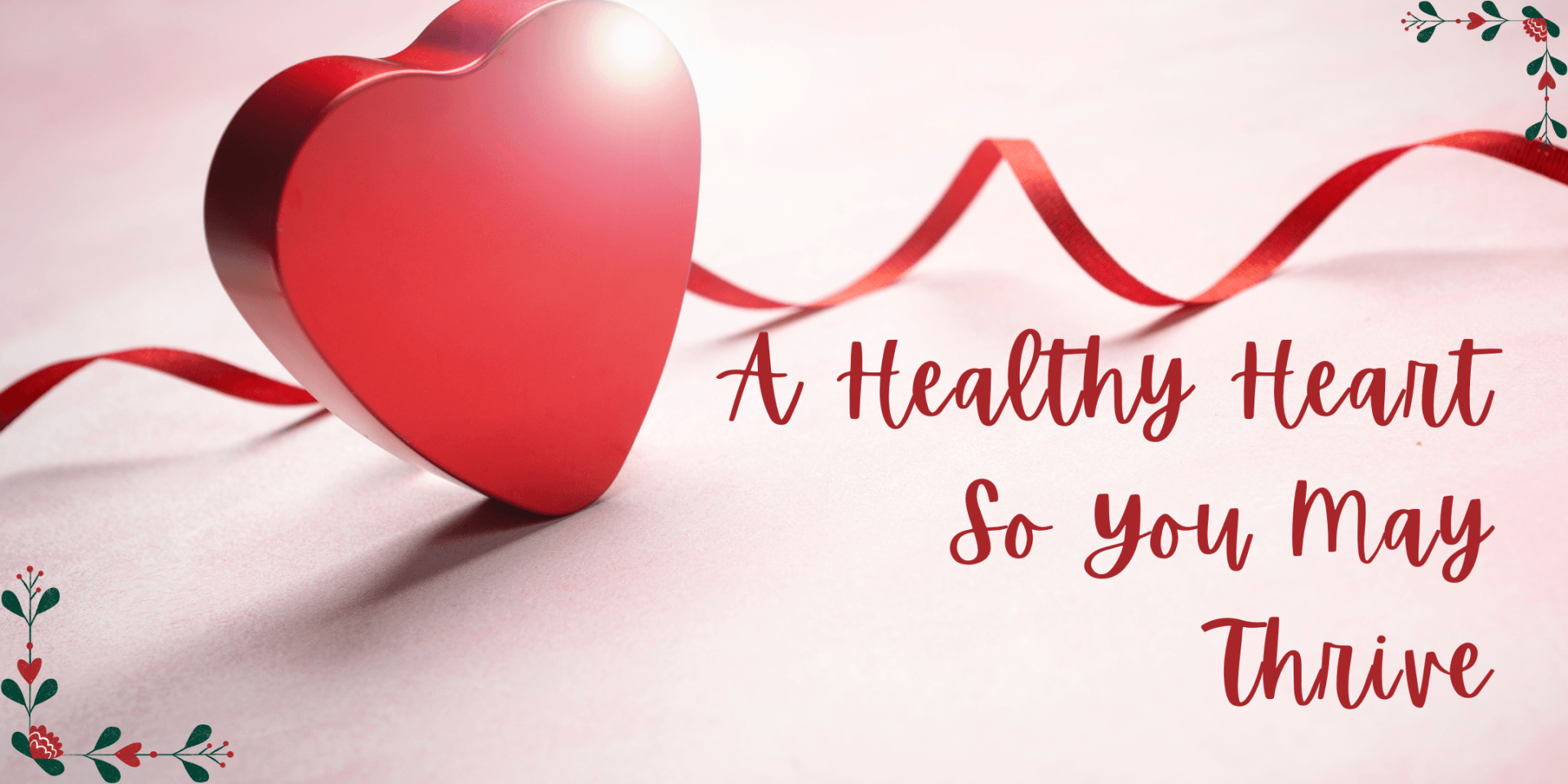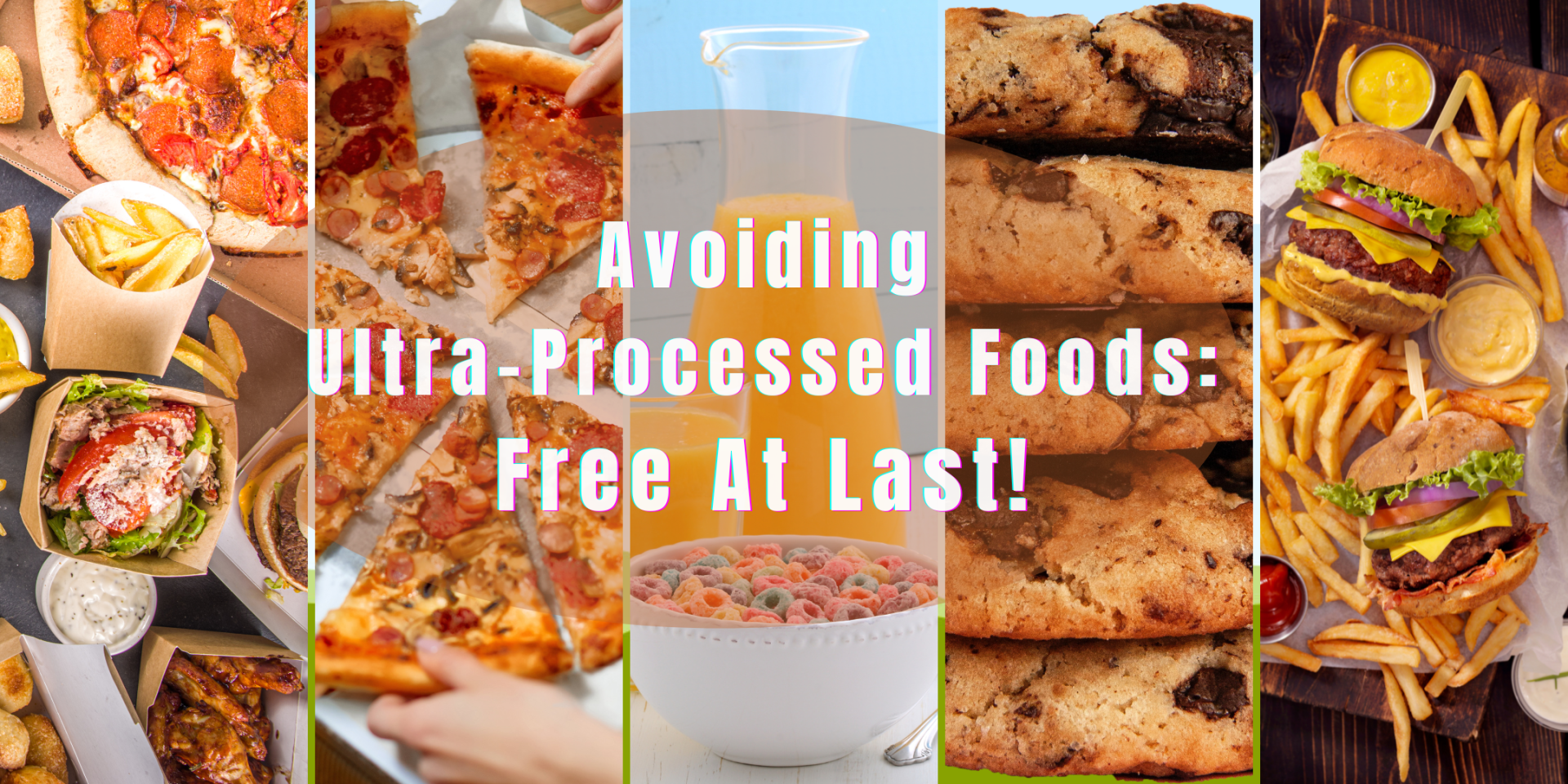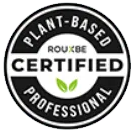Avoiding the Ultra-Processed Food Trap (Part 1)
Avoiding the Ultra-Processed Food Trap (Part 1)
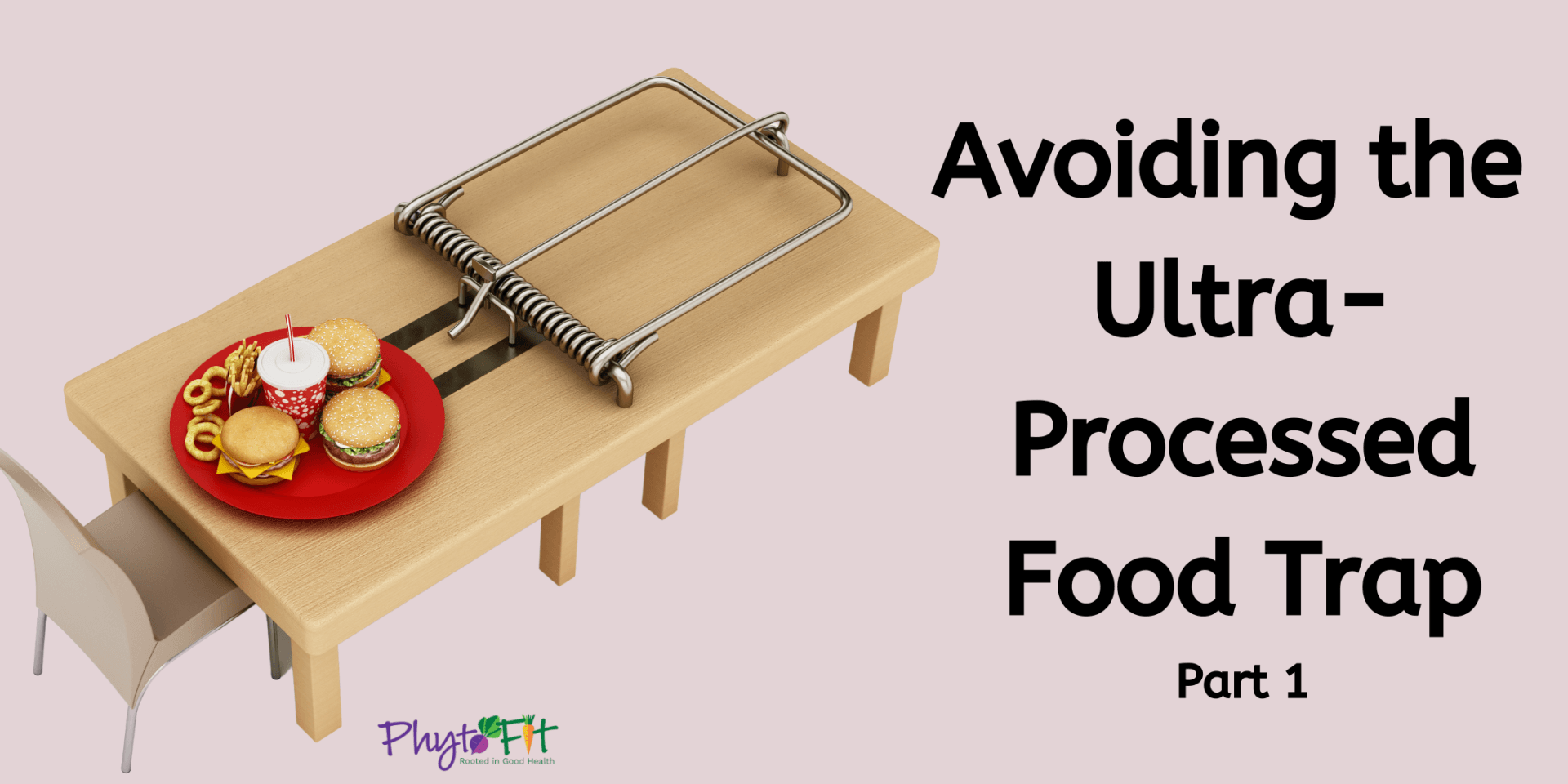
Have you heard about processed foods? Everywhere we look, there is some talk show, video, podcast, book, etc. demonizing processed food as a way to regain your health. We are left to wonder, “What is considered ‘processed food’ and what should we be eating?”
When one thinks of processed food, you may think of French fries, hamburgers, pizza, chips and fast food, but we don’t realize that most of our daily grocery list is filled with processed foods. According to the United States Department of Agriculture (USDA), processed food is defined as “…any raw agricultural commodity that has been subject to washing, cleaning, milling, cutting, chopping, heating, pasteurizing, blanching, cooking, canning, freezing, drying, dehydrating, mixing, packaging, or other procedures that alter the food from its natural state. This may include the addition of other ingredients to the food, such as preservatives, flavors, nutrients and other food additives or substances approved for use in food products, such as salt, sugars and fats.”
Are you now wondering if that “fruit bowl” you bought from the local store a few days ago is processed? The answer is YES. According to the Academy of Nutrition and Dietetics, processed food falls on a spectrum from minimally processed, to heavily processed as follows:
- Foods such as sliced fruits and vegetables, bagged salads, leafy greens and roasted nuts are all examples of minimally processed foods.
- Canned foods such as beans, tuna, fruits and vegetables, as well as frozen fruits and vegetables.
- Jarred pasta sauces, yogurt and salad dressing have added oils, sweeteners and preservatives, which makes them a processed food as well.
- Examples of heavily processed foods include crackers, deli meats and granola.
- The most heavily processed foods examples include pre-packaged and/or frozen meals.
We live in a fast-paced world, and we have everything at our convenience. Prepped, washed, sliced, cooked, mixed, chopped—you name it, your grocery store will have it. Everything is made ready to eat and the attractive packaging assures us that we are eating healthy. The label says that the granola bar you are eating is gluten-free, dairy-free, vegan, low sodium, plant-based and low sugar. These marketing strategies are designed to convince you that the granola bar you selected is healthy.
Today's lifestyles also make it extremely hard to eliminate all processed foods from our diet. As mentioned earlier, that fruit bowl you picked up at the grocery store is still considered minimally processed. By now you see the dilemma we face as we strive to reduce the processed food intake in our diet.
So…what can we do? Gaining knowledge to recognize minimally processed vs. ultra-processed food is a first step in making better food choices. A few minimally processed food items may not significantly impact our health, but consuming a diet containing ultra-processed food can be detrimental to our health, especially over time.
Numerous studies address the negative impact of ultra-processed food to our health. According to The Centers for Disease Control and Prevention (CDC), the United States obesity rate is 41.9 %. In one of his videos, Dr. Michael Gregor mentions that the food industry is to be blamed for the obesity epidemic. He says that the technological advances in the 1970s in food packaging and preparation helped corporations mass-produce and distribute ready-to-eat meals. A 2019 study conducted by the National Institute of Health showed that consuming heavily processed food led to overeating and weight gain. Another study conducted by the British Medical Journal showed the consumption of ultra-processed food is linked to higher overall cancer risk. A fascinating video on BBC shows a UK doctor’s journey on eating 80% ultra-processed food for 30 days. Post journey showed an increase in his hunger hormone (ghrelin), a decrease in his fullness hormone (leptin), a six-kilogram (more than 13 pounds) weight gain, an increase in the Body Mass Index, and a three-kilogram (~7 pounds) fat gain. All these body changes happened in a matter of 30 days eating an ultra-processed diet.
According to a study published in Nutrients, ”…the concept of ultra-processed foods (UPF), is a descriptor of unhealthy diets…associated with at least one adverse health outcome. Among adults, these included overweight, obesity and cardio-metabolic risks; cancer, type-2 diabetes and cardiovascular diseases; irritable bowel syndrome, depression and frailty conditions; and all-cause mortality. Among children and adolescents, these included cardio-metabolic risks and asthma.”
The NOVA food classification system categorizes minimally processed foods as those that are altered by crushing, grinding, drying, powdering, pasteurizing, freezing, fractioning, roasting, boiling, filtering, vacuum packaging, and also removing inedible parts. Examples include frozen vegetables and fruits, dried fruits without added ingredients, plain yogurt with no additives, herbs, spices, grains, legumes, and anything you buy in a package or container with no additives.
Ultra-processed food is created using sophisticated equipment and technology. Foods in this category make chemical changes to the fractionated whole food, combine modified and unmodified parts, and use additives throughout the process. Examples include ready-to-eat products, carbonated drinks, packaged snacks, instant noodles, candy bars, ice creams, pizzas, energy drinks, cereals, cake mixes, and the list goes on and on. If the product has any flavor enhancers, emulsifiers, coloring agents, artificial sweeteners, or any items from the NOVA ultra-processed list, you know it is not the healthiest food choice. If the ingredient listed on the product is not in your kitchen or you can’t pronounce them, you bet it is heavily processed.
The information on processed foods can be overwhelming and a lot to digest in one read. Stay tuned to the next PhytoFit, LLC blog when we discuss recommendations for avoiding processed foods, especially ultra-processed.
For extra credit, follow the YouTube series: The Food that Built America: https://www.youtube.com/show/SCEwJw7MCG6vCgtY1kdZp9sA?season=1&sbp=CgEx
The blog was submitted by Minu Bradley, RN, an advanced registered nurse practitioner student at Walden University. Minu’s public health practicum was with PhytoFit, LLC
learning the benefits of a whole food, plant-based lifestyle on the prevention and reversal of common conditions/diseases.
Recipe Blog Posts
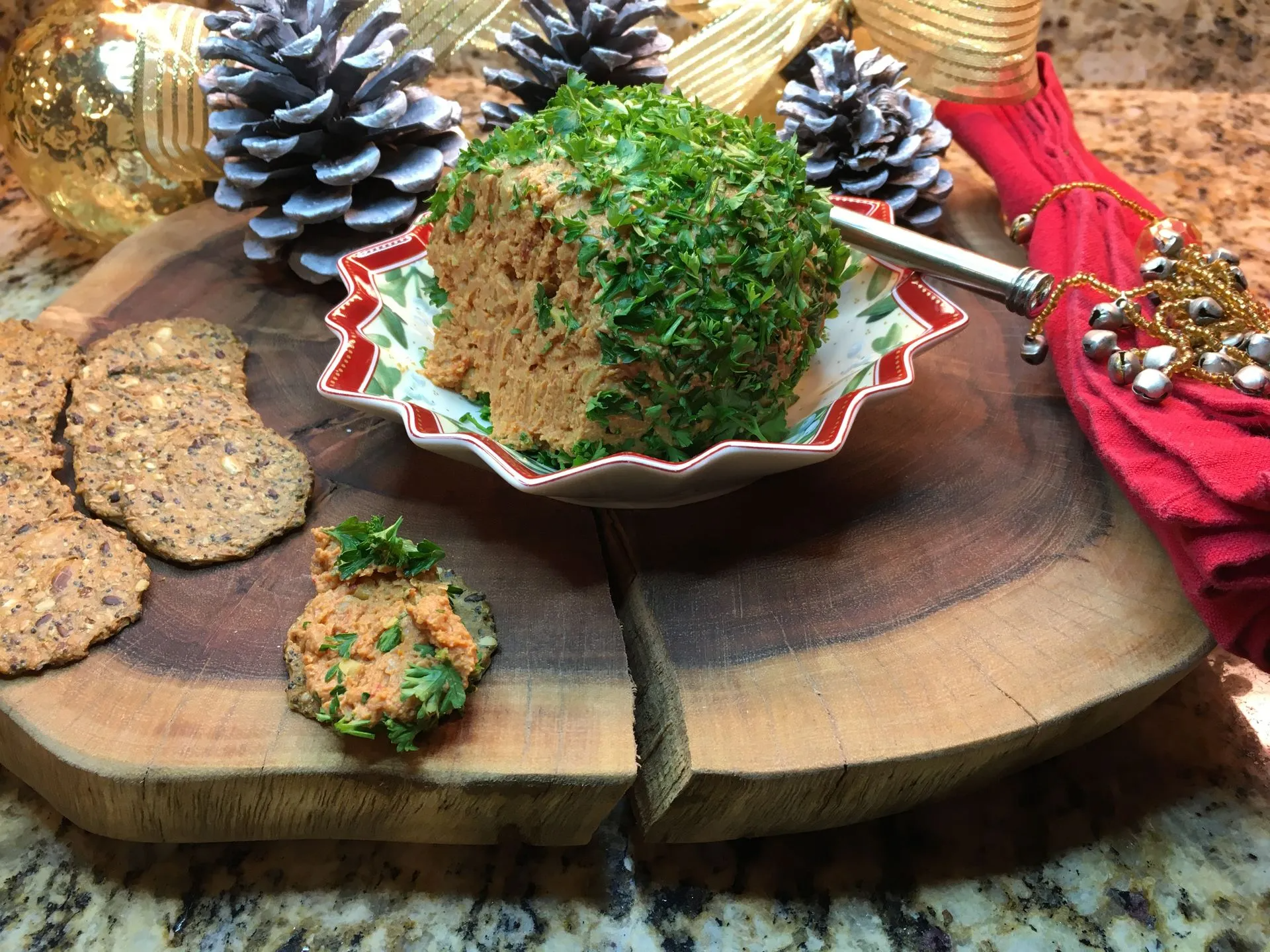
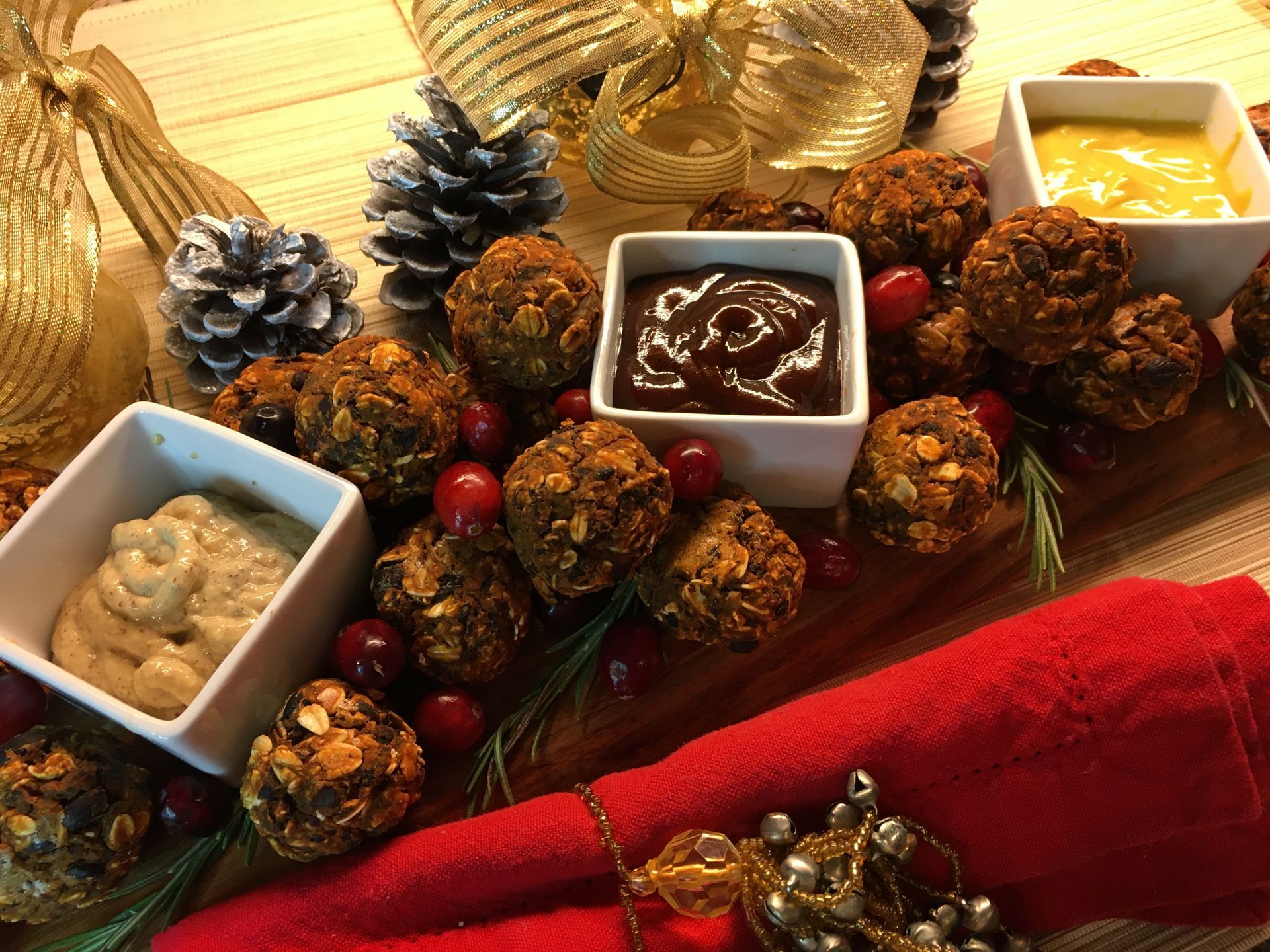
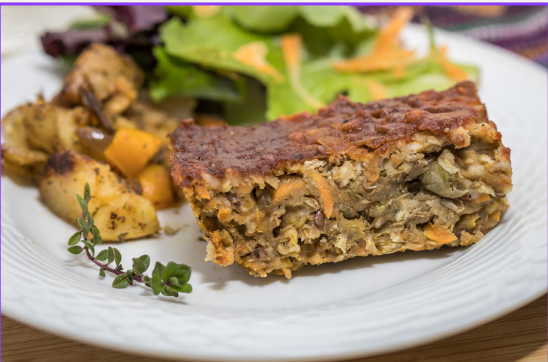
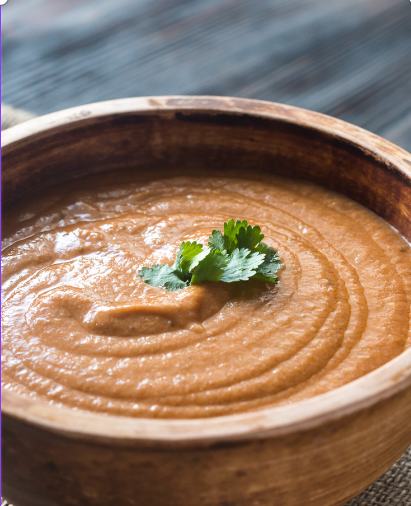
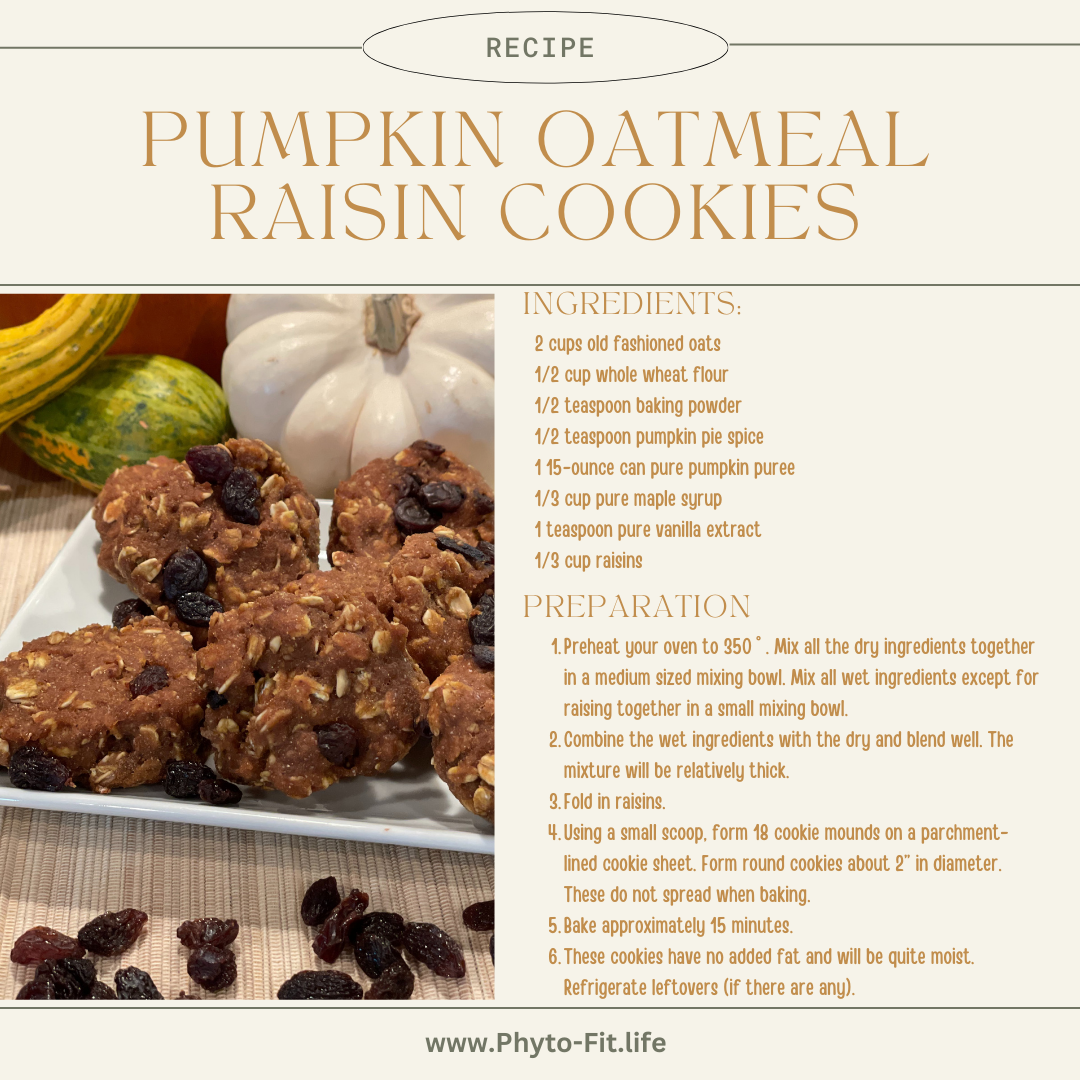
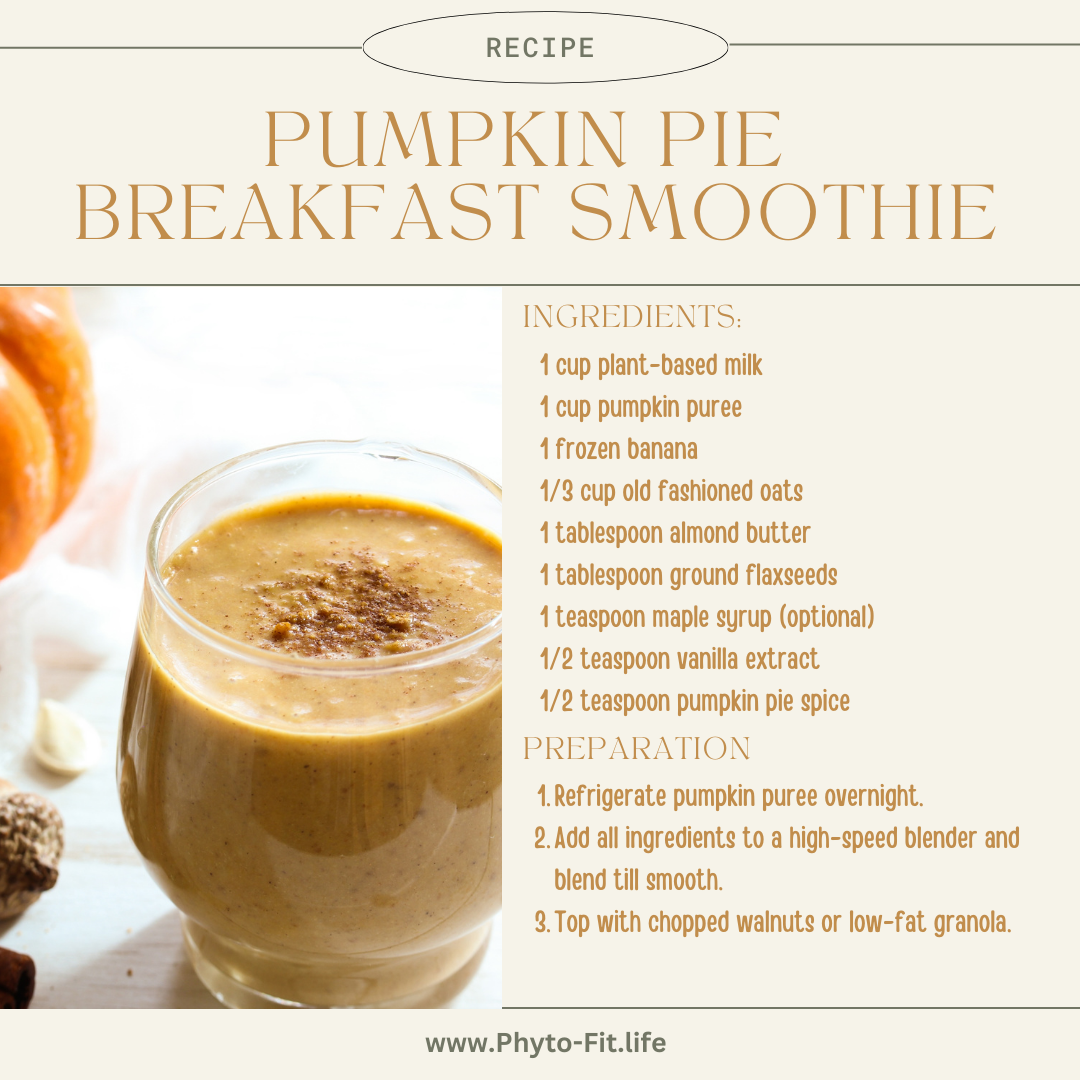
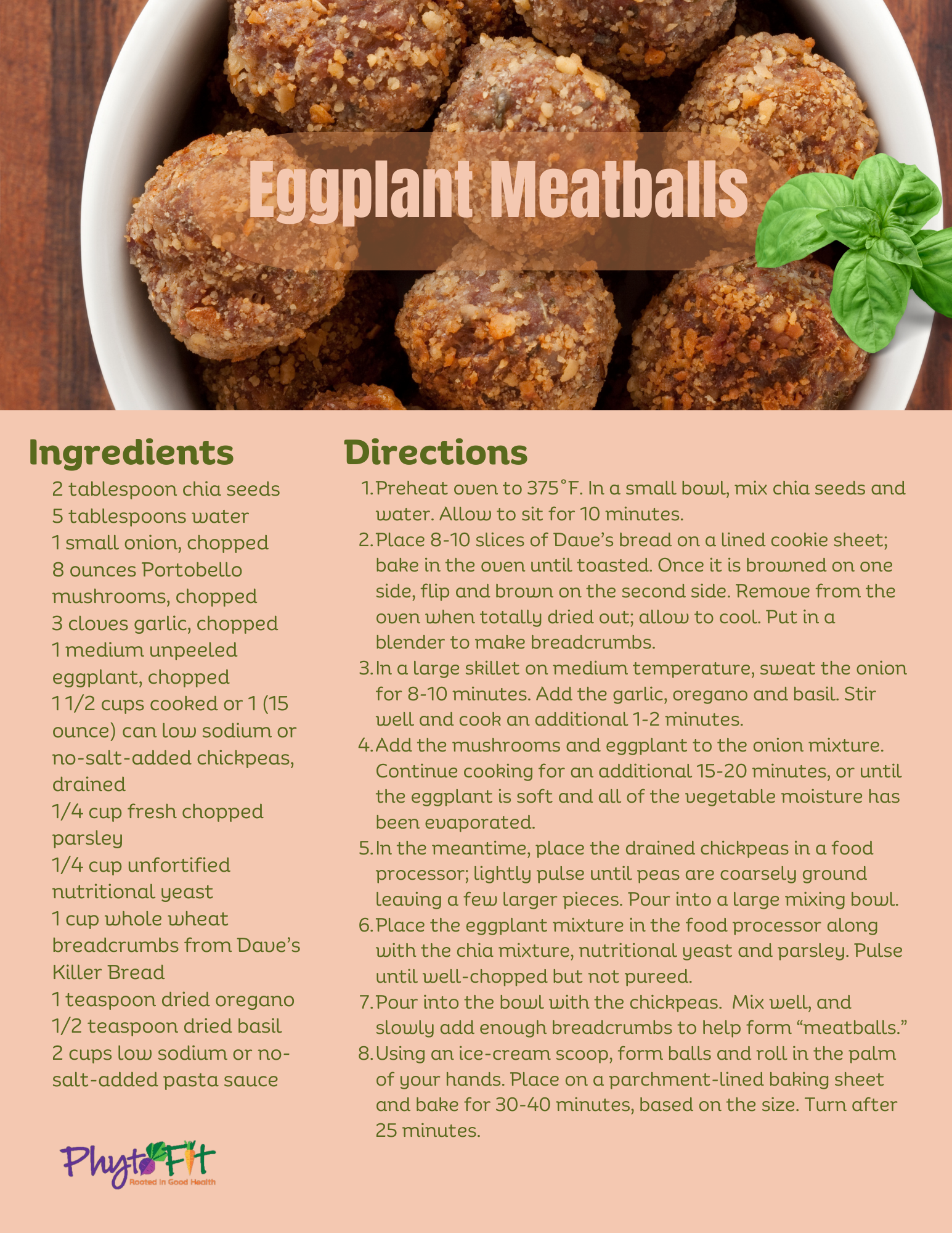
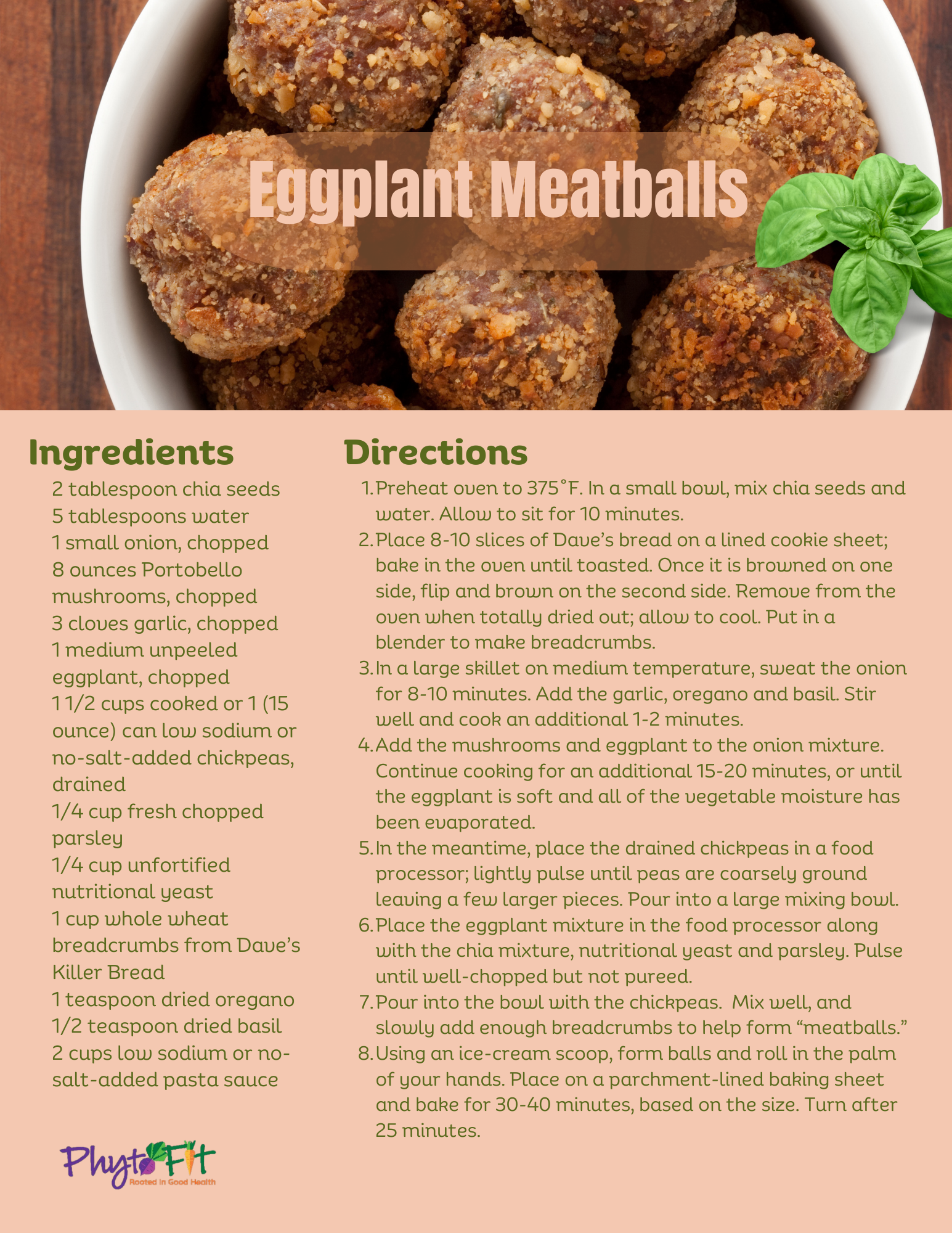
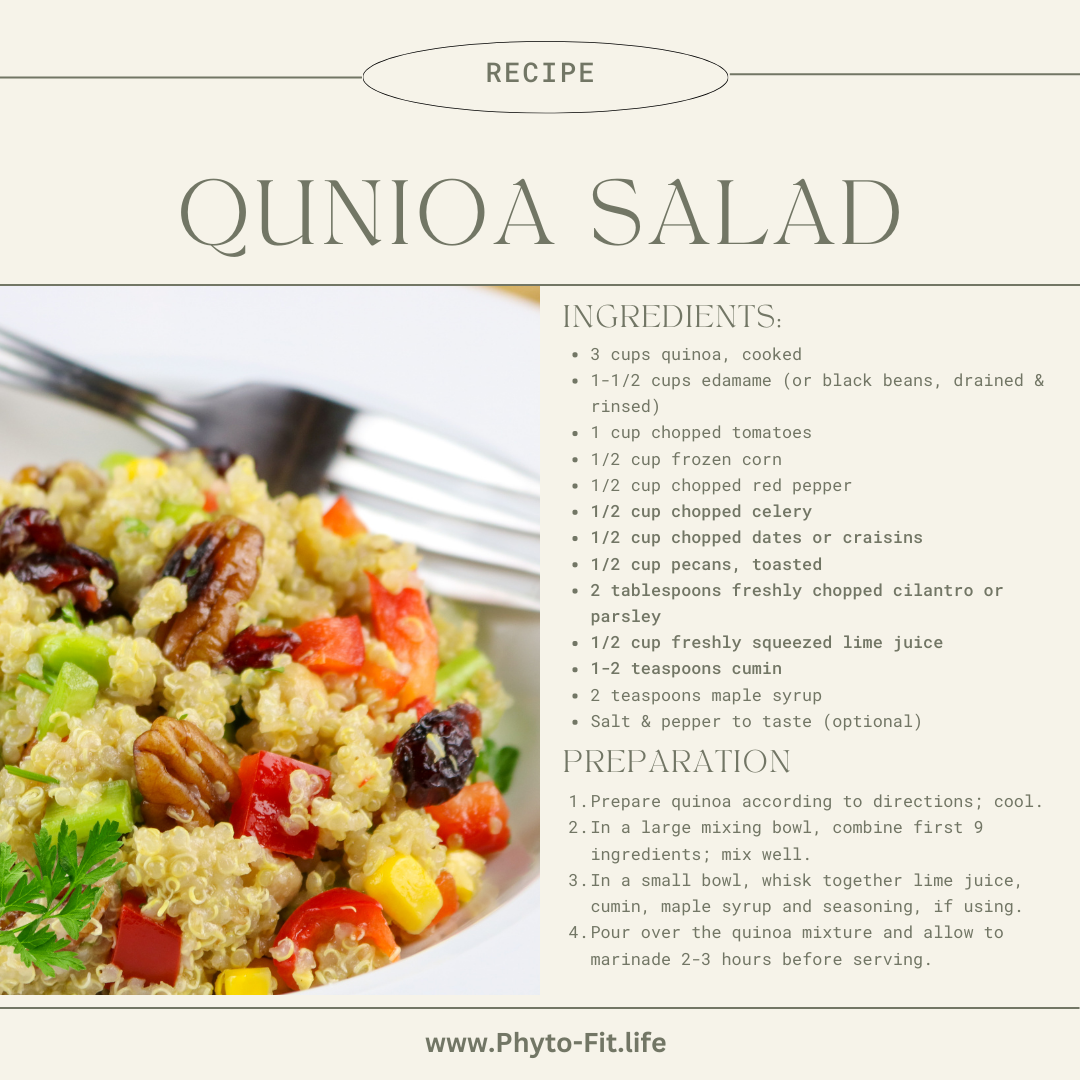
Other Blogs
